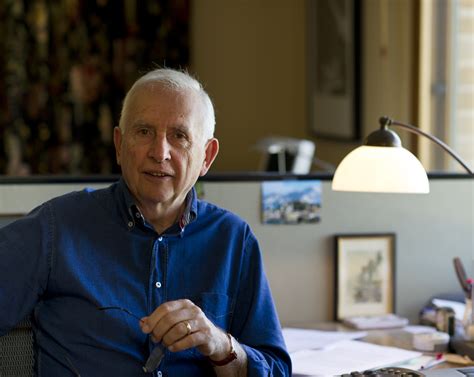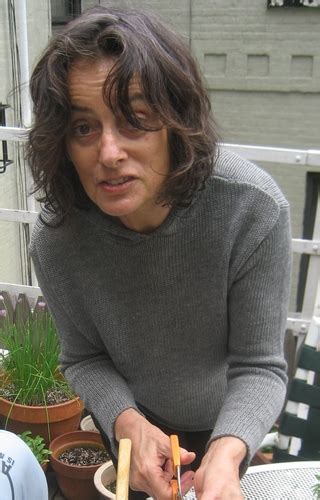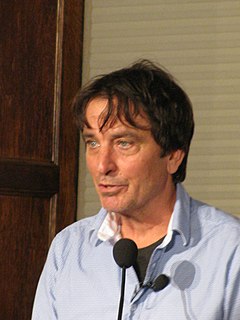A Quote by Rutger Bregman
Research suggests that someone who is constantly drawing on their creative abilities can, on average, be productive for no more than six hours a day.
Related Quotes
The benefits of becoming fluent in a foreign tongue are as underestimated as the difficulty is overestimated. Thousands of theoretical linguists will disagree, but I know from research and personal experimentation with more than a dozen languages that (1) adults can learn languages much faster than children when constant 9-5 work is removed and that (2) it is possible to become conversationally fluent in any language in six months or less. At four hours per day, six months can be whittled down to less than three months.
Writers, especially poets, are particularly prone to madness. There exists a striking association between creativity and manic depression. Why are more creative people prone to madness? They have more than average amounts of energies and abilities to see things in a fresh and original way—then because they also have depression, I think they’re more in touch with human suffering.
In the early days I was incredibly creative and productive - I loved the research trips, I loved the creation and finding technical solutions to creative challenges. I didn't need alcohol and the pills for that. What changed was, I was afraid to say no - that little word, N.O. Because I thought it showed weakness. And with more and more success I would just say yes. And keep on taking more work on - which took its toll.








































